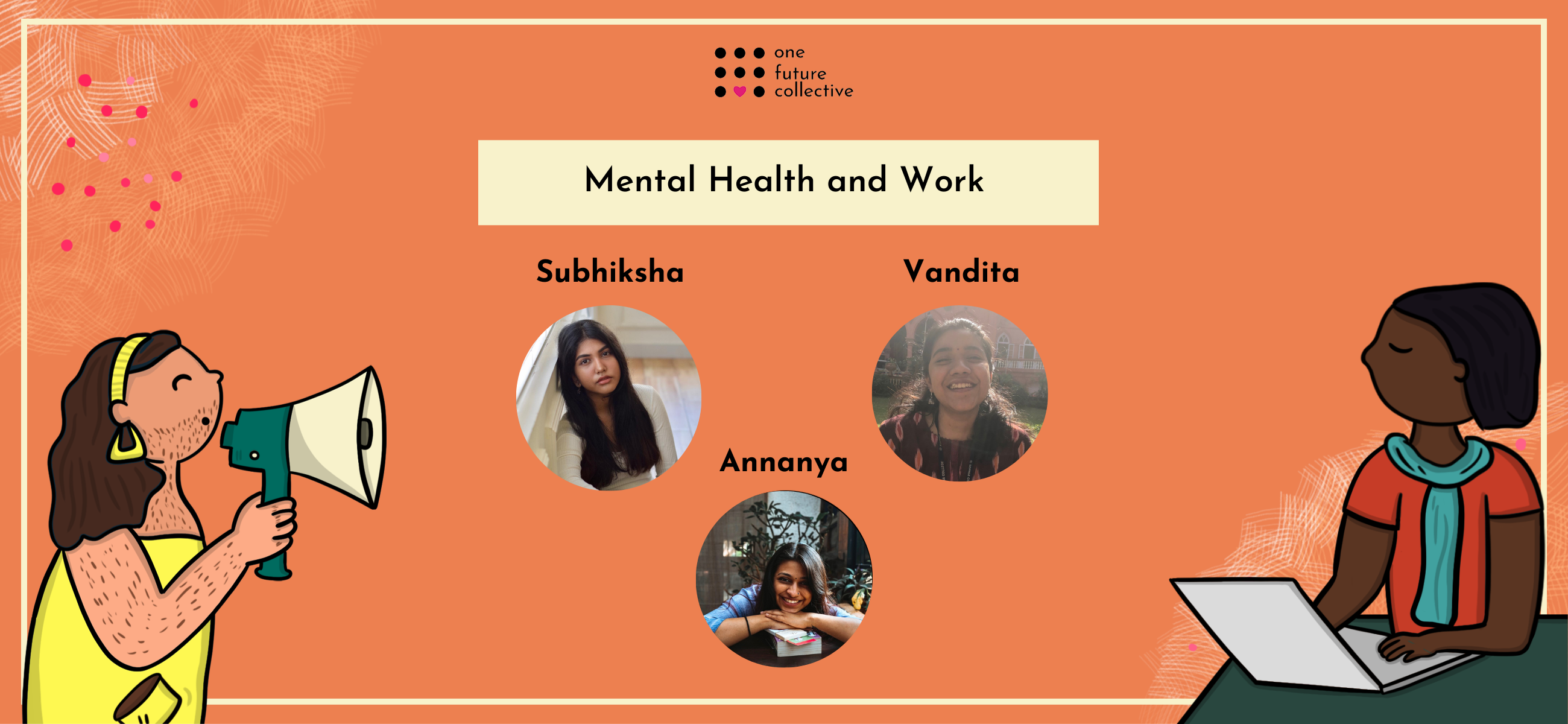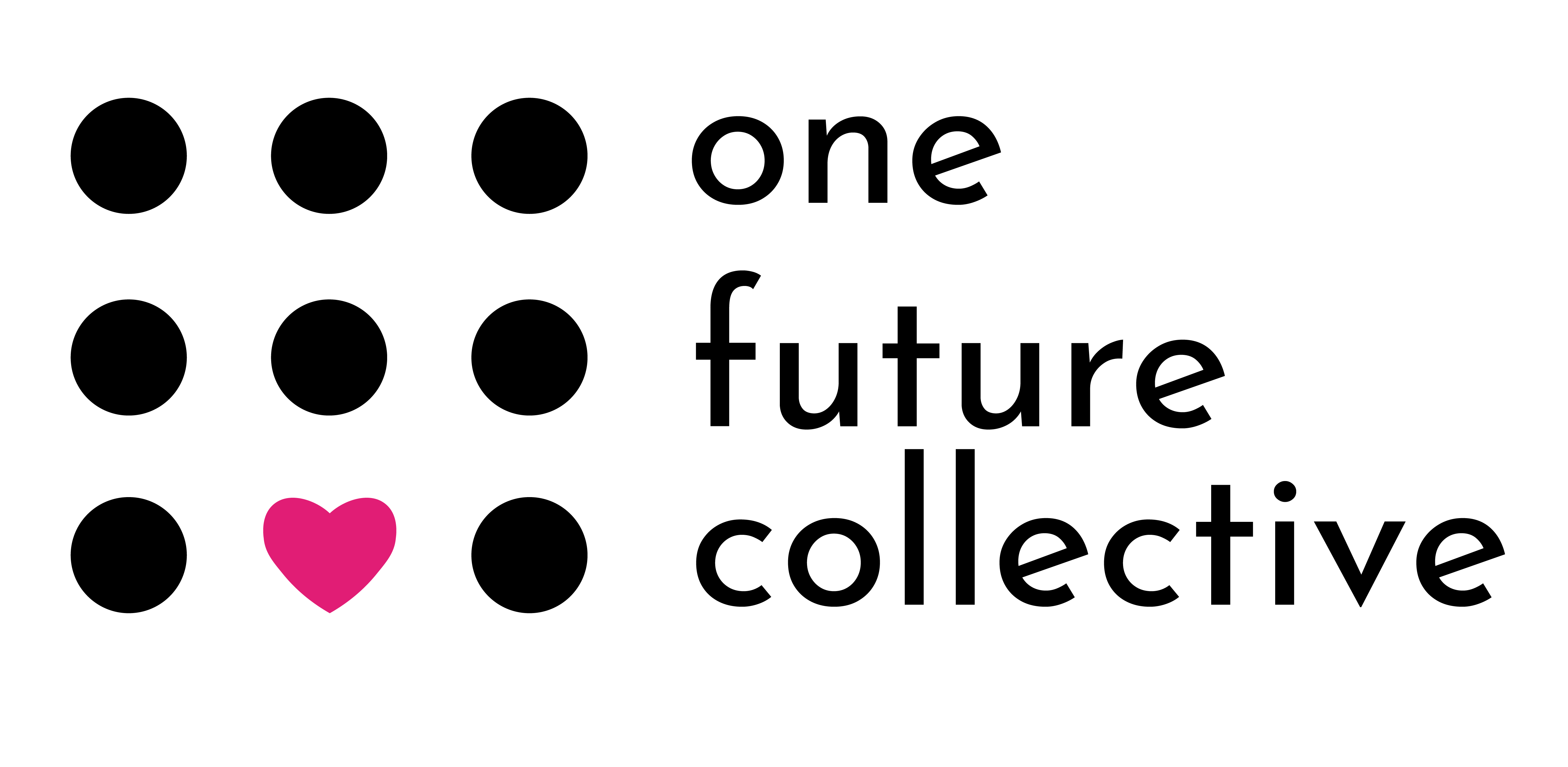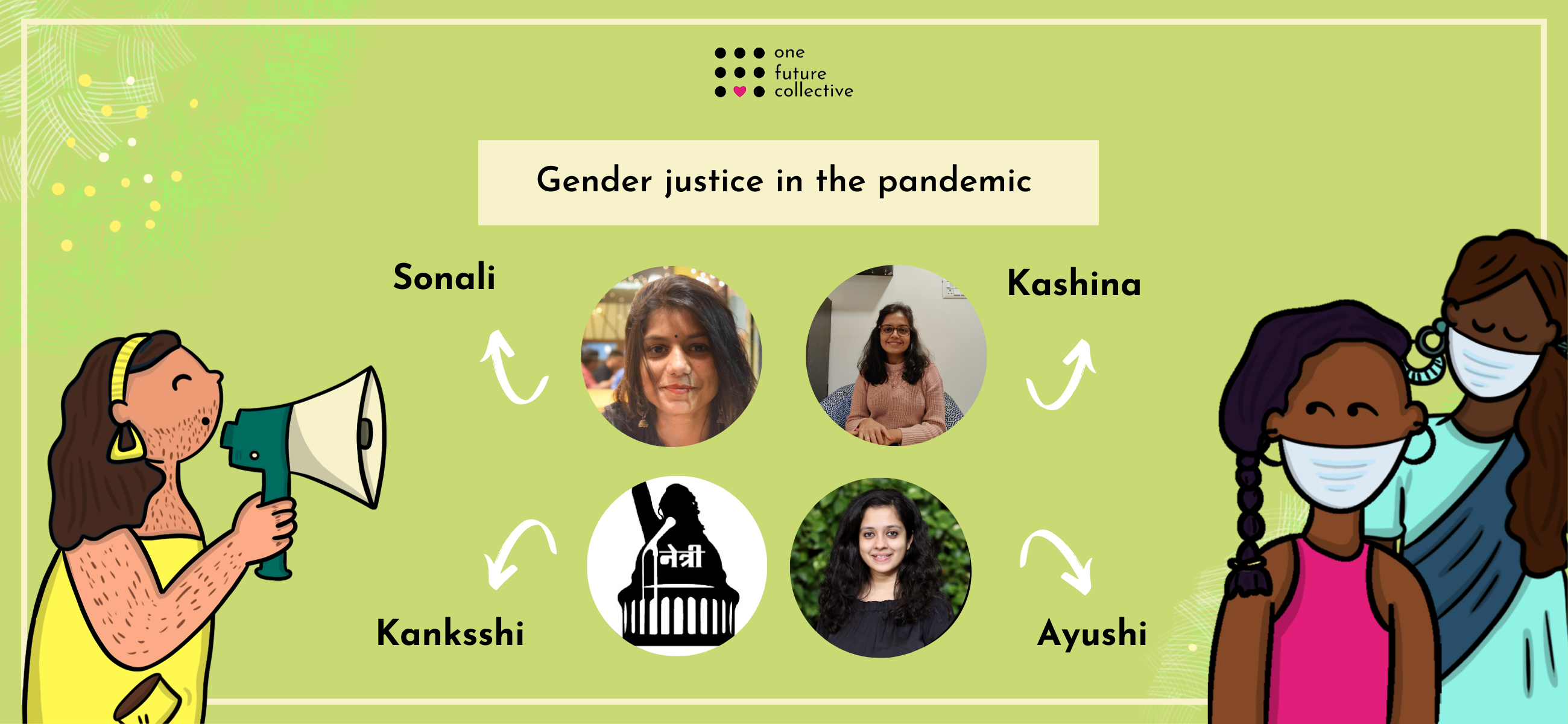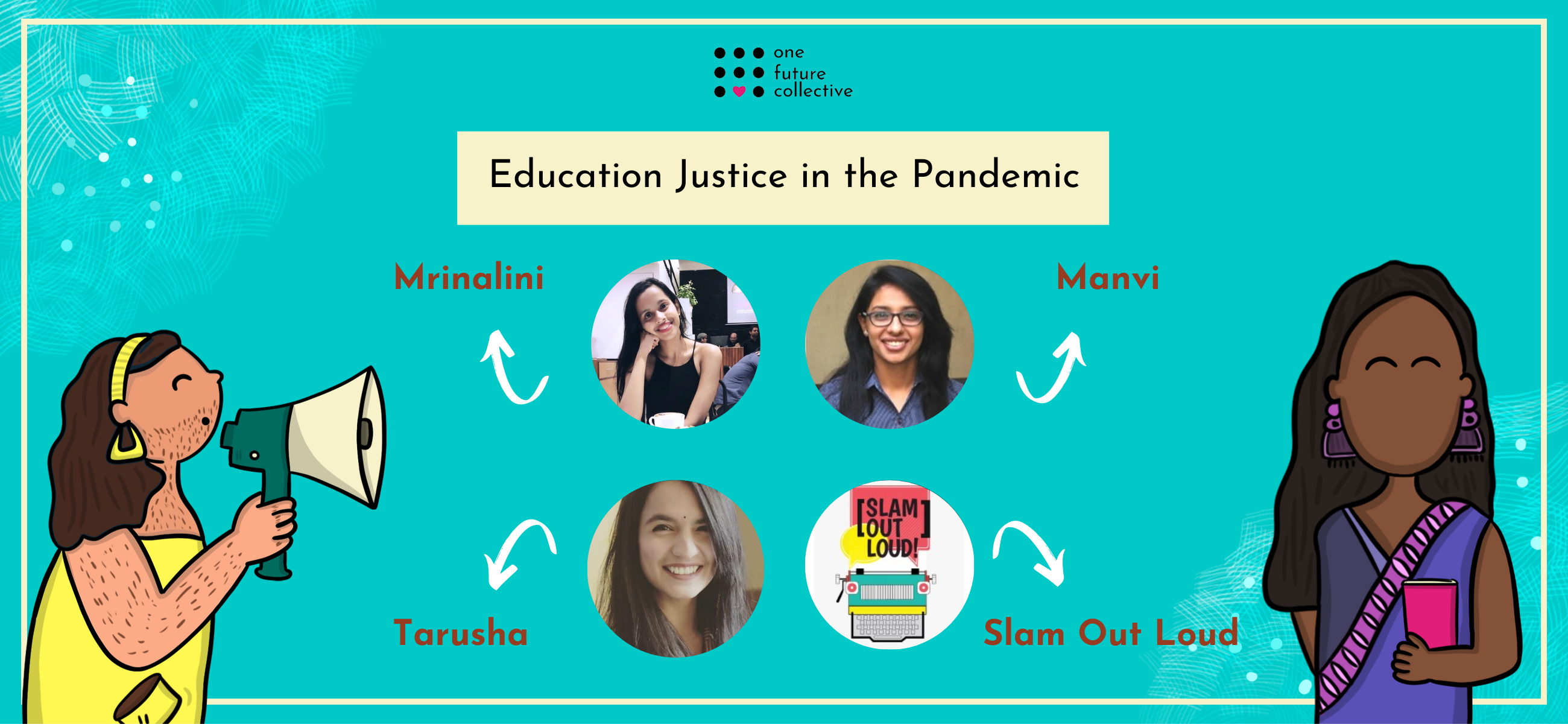Mental Health and Work

On 25th February 2022, One Future Collective hosted a live session on ‘Mental Health and Work’; the session was moderated by Subhiksha, Program Officer at One Future Collective. Subhiksha was joined by Vandita, an aspiring mental health professional, and Anannya, the founder of Metta Foundation and a social worker. The discussion focused on how workplaces deal with employees’ mental health and mental health effects on individuals in their workspace.
The discussion started with a discussion on why very few young Indians feel that a person with mental health issues should reach out to a qualified professional for help. Anannya pointed out how the privileged people in the Gen-Z age group can easily talk about mental health since social media has destigmatized the concept. However, the same privilege is not enjoyed by the young people from marginalized groups who lack access to technology and bear the brunt of stigma as the people in their immediate environment do not provide empathetic support. She mentioned that even though technology has become more service-oriented and efficient, a considerable barrier still hinders access. Vandita agreed that a conversation on mental health could not happen without acknowledging the privilege of who can talk about their mental health.
The second discussion looked at the new Budget, which promised to start a government scheme for providing quality mental health support. Vandita mentioned how even starting such a scheme in the Union budget was a positive step in the right direction. She also felt that this would increase public awareness and recognition, especially in older demographics. She also thought it was important for such a scheme to exist beyond the scope and duration of the pandemic. She pointed out how the same government had once spread leaflets promoting yoga and meditation to answer mental health issues, excluding many people who struggled to meet their daily needs.
Next, Subhiksha raised how very few policies or articles explicitly address mental health and how to address such silence. Vandita suggested structural adjustments and required changes to integrate the issue of mental health into different policies, including educational or workplace policies. In a context where the mental health cost in India amounts to 3.5% of its GDP, Subhiksha raised a question of how smaller organizations could work towards making a workspace that is mindful of employees’ mental health issues. To this, Vandita pointed out the need for organizations to look after the mental health of the individuals for their holistic wellness rather than hoping that they would become more productive. She also pointed out the need for higher authorities or Human Resource departments to be sensitized, understanding, and safe towards employees. Anannya agreed on how mental health issues have become more pronounced during Covid-19 and how that shows the need for a robust and effective mental health system. She spoke about the need for creating psychologically safe spaces in both formal and informal workspaces. The conversation should include drivers, cooks, and domestic workers who work in households. Even though mental health days can be beneficial, it is still quite scary for a person to take advantage of them since it means the risk of exposure, further shame, and stigma. She emphasized how workspaces are generally not built for neurodivergent folks and how ‘sick days’ and ‘mental health days’ are essentially different for them. For Anannya, it then becomes essential to have neurodivergent people in leadership positions who would understand that mental health is a vast spectrum.
The discussion then turned to how mental health issues can affect an individual’s workspace. Anannya shared her own experiences to show how neurodivergent was not just an experience but part of her identity and lifestyle and affected her workspace. Vandita questioned the entire concept of work-life balance and how most people feel afraid to bring up their mental health issues in the workspace out of fear of termination. To teach such a culture of sensitivity and awareness, Vandita pointed out the need for adding mental health to school and college curricula to create safer workspaces in the future. The discussion ended with talking about how more insurance policies should cover cognitive health-related costs.
Mapping and negotiating power
Uncuff India Episode 10: Dimensions of conflict and peace: visioning a utopian world
Uncuff India Episode 9: Civic space and dissent: A pathway to social justice


